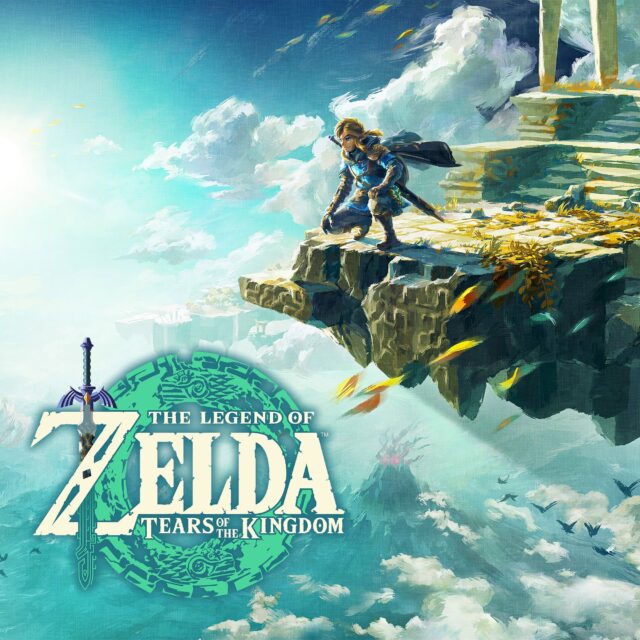
Nintendo is cracking down on the creators of a Switch emulator, following reports that “The Legend of Zelda: Tears of the Kingdom” was pirated over a million times before its official launch. The gaming giant has launched a series of legal actions, highlighting a significant escalation in their fight against piracy and emulation that infringes on their intellectual property rights.
Key Highlights:
- Nintendo is suing creators of a Switch emulator after “Tears of the Kingdom” was pirated extensively pre-launch.
- The company has issued DMCA requests targeting core components of Switch emulator software.
- There’s a broad discussion within the gaming community about the ethics of emulation and piracy.
Nintendo’s legal actions are not just aimed at stopping the distribution of “Tears of the Kingdom” but also at dismantling parts of the Switch emulation ecosystem. This includes targeting software like Lockpick, which is used to dump Switch game decryption keys, allowing popular emulators like Yuzu and Ryujinx to decrypt and open game files for play on PC.
The situation has sparked a wide range of reactions within the gaming community. Some gamers express frustration over Nintendo’s hardware limitations and their desire to play the games at higher framerates or on more powerful hardware. Others condemn piracy outright, emphasizing the damage it does to game developers and the industry.
The Legal and Ethical Debate
The controversy touches on the legal and ethical aspects of game emulation. Emulators like Yuzu and Ryujinx have existed for years without legal challenges from Nintendo, largely because they operate in a legal gray area. Emulation itself is not illegal, and there’s a consensus that owning a game may allow for its emulation. However, distributing ripped game files or downloading pirated versions crosses into copyright infringement.
Nintendo’s DMCA crackdown specifically targets the tools that facilitate this infringement, arguing that decrypted keys allow for the playing of pirated versions of their games on unauthorized systems. The move has already impacted the Switch emulation community, with development for certain projects ceasing due to legal concerns.
Conclusion
Nintendo’s legal actions against the creators of a Switch emulator underline the company’s aggressive stance on protecting its intellectual property. While some gamers see emulation as a way to enhance their experience or preserve games, Nintendo views it as a direct threat to their business model and the integrity of their copyright. The outcome of this legal battle could have significant implications for the future of game emulation and copyright enforcement in the digital age.
As the gaming community continues to debate the ethics of emulation and piracy, one thing is clear: the balance between copyright protection and consumer rights remains a contentious issue. Nintendo’s latest legal move is a testament to the challenges facing the industry as it navigates the complexities of digital distribution and copyright law.










